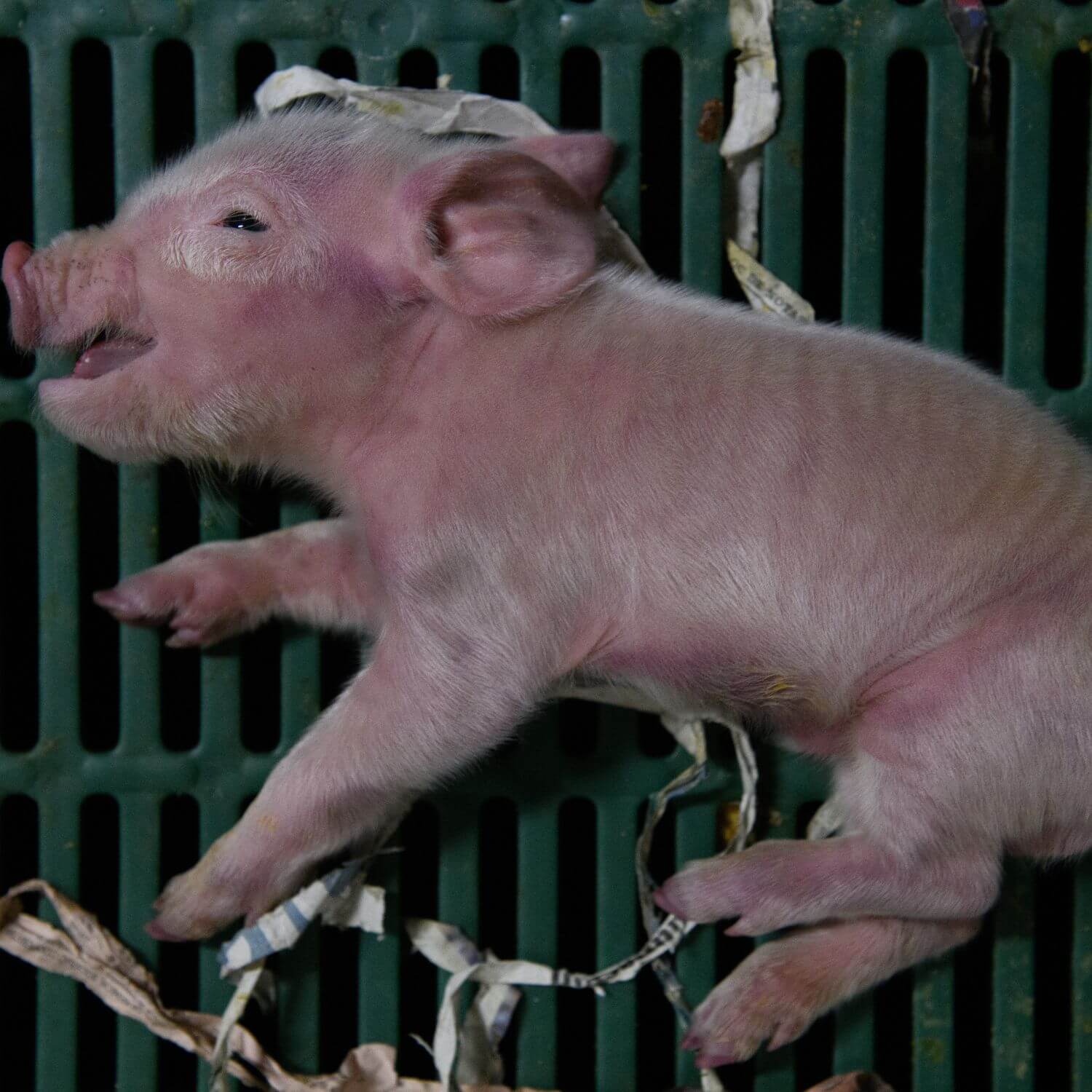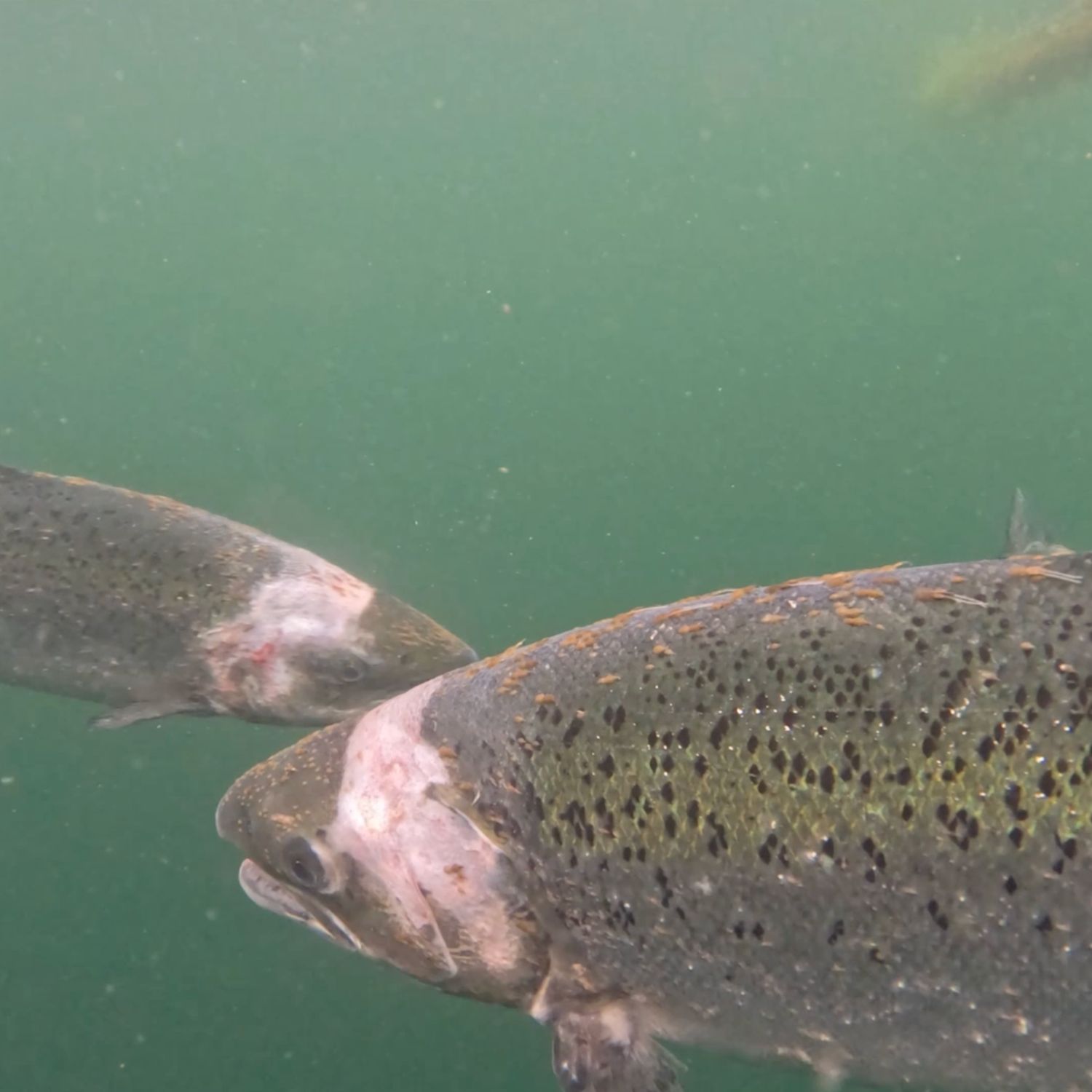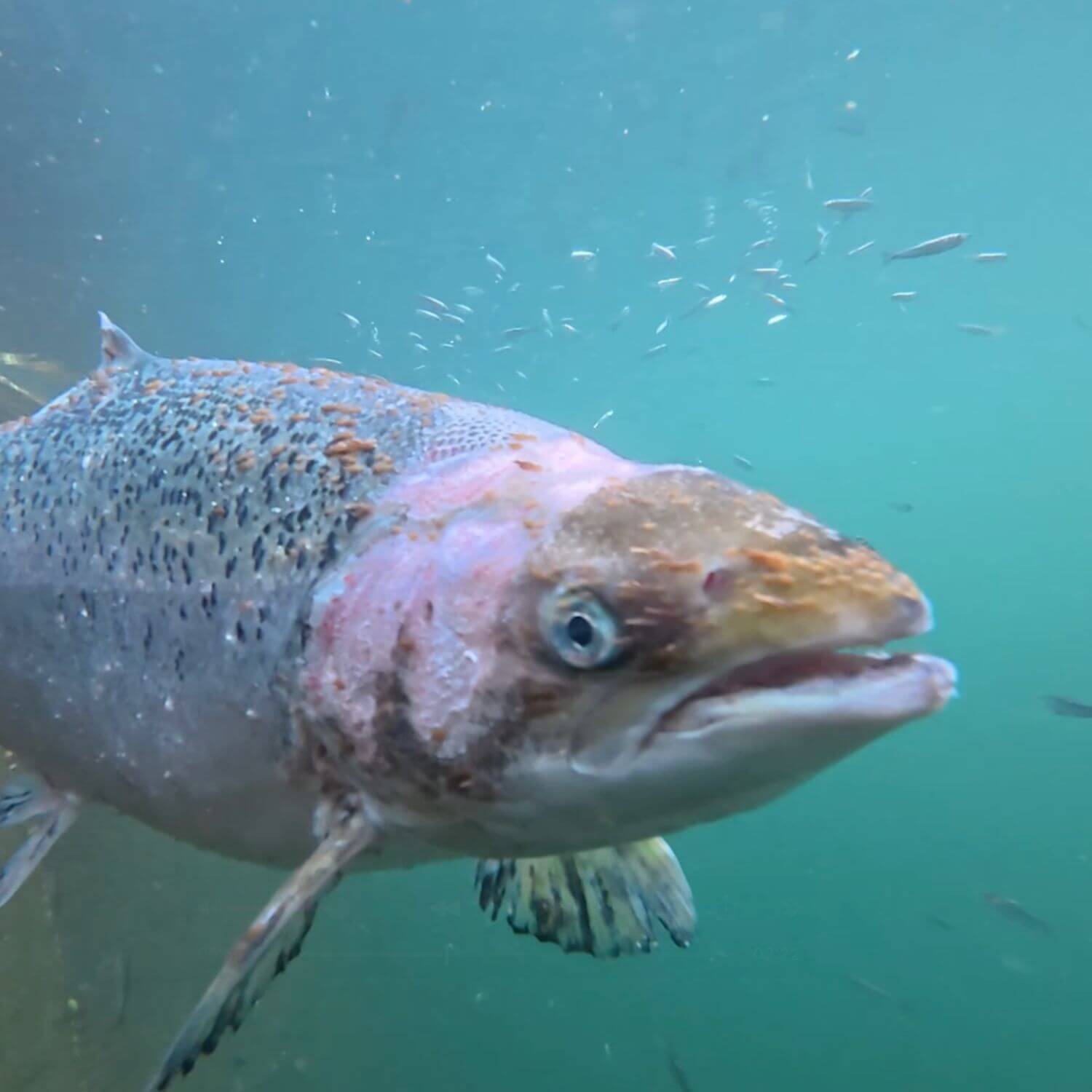Animal Sentience To Be Recognised In UK Law
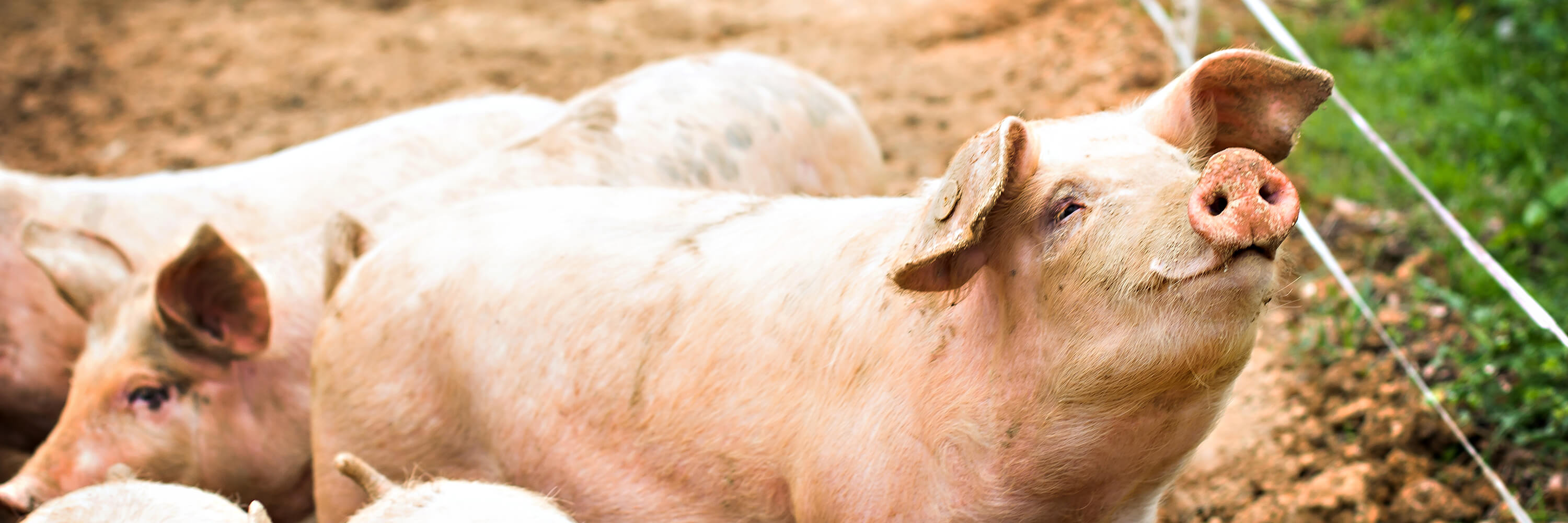
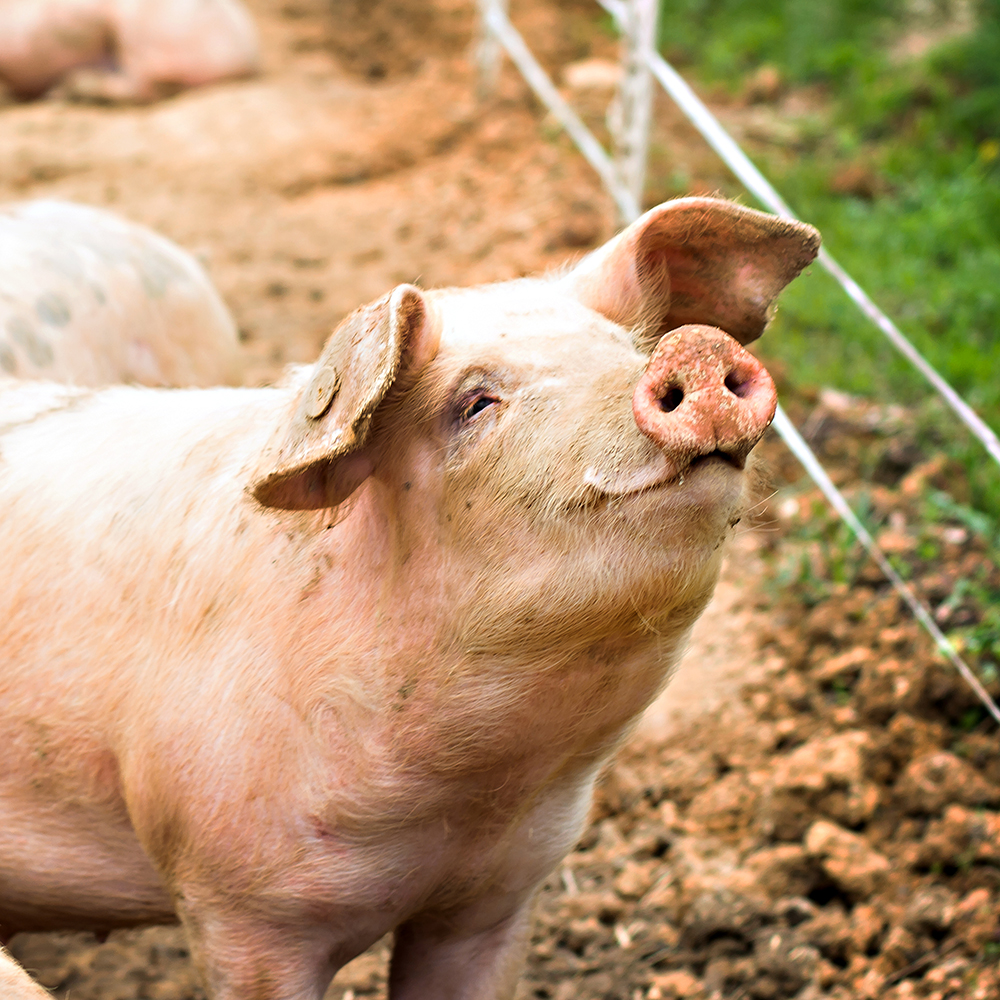
Animal Sentience Bill passes through Parliament
The Animal Sentience Bill has passed its final hurdle in the Houses of Parliament, meaning UK law will soon officially recognise that animals have the capacity to feel.
The Bill, officially called the Animal Welfare (Sentience) Bill, has now progressed to the Royal Assent stage. Over the next few days it will be formally approved by the Queen and become a law.
What does sentience mean?
Sentience is the ability to feel sensations and emotions. There is a wealth of scientific research evidencing that animals, including those farmed for human consumption, are sentient. Animals experience feelings such as joy, pleasure, fear and pain.
Animal sentience was the only piece of European Union (EU) legislation that was not transferred to UK law when the UK formally left the EU on 1st January 2021.
Campaigning for an animal sentience law
Animal Equality has been campaigning for this crucial legal protection since 2019 as part of the Better Deal For Animals coalition, an alliance of 50 of the UK’s leading animal protection organisations. Along with groups including Humane Society International and Wildlife and Countryside Link, we urged the UK Government to once again legally recognise that animals can feel and suffer.
Politicians from across political parties backed our campaign and expressed their support for animals. Our official petition to the Government gathered over 100,000 signatures from UK residents, prompting a debate on animal sentience in the House of Commons.
What will the animal sentience law do?
The animal sentience law means that animals’ ability to feel will be officially recognised in Government policy decision making. It is an important step forward for UK animal welfare law.
The law will create an Animal Sentience Committee, who will be able to examine whether Government policy has taken animals’ needs into account and to what extent. The Committee will have the power to publish reports on its findings. The Government Minister with responsibility for that policy area will then be duty-bound to provide Parliament with a written response to these reports within three months.
Lobsters, crabs, and octopuses recognised as sentient
At first, the Animal Sentience Bill only recognised vertebrates (animals with a backbone) as sentient beings.
Then in late 2021, as a result of a report from experts at the London School of Economics and campaigning from the Better Deal For Animals coalition, the Government announced it was amending the Animal Sentience Bill to include certain other animals – namely decapod crustaceans (such as lobsters, crabs and prawns) and cephalopods (such as octopuses and squids).
For now, this doesn’t ban any specific practices such as boiling crabs and lobsters alive – although the expert report does recommend this – but it does mean policymakers will be obligated to take these animals and their ability to suffer into account when making decisions.
Using the law to better protect animals
Our supporters played an invaluable role in this landmark victory for animals by signing the petition, emailing their MPs, and expressing support on social media.
You can help us achieve more groundbreaking legal progress for farmed animals, by joining our team of Animal Protectors today. Animal Protectors are a group of compassionate and dedicated activists who take quick, easy actions to help end cruelty to animals.

